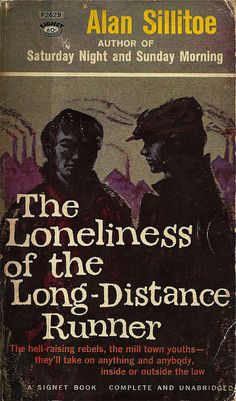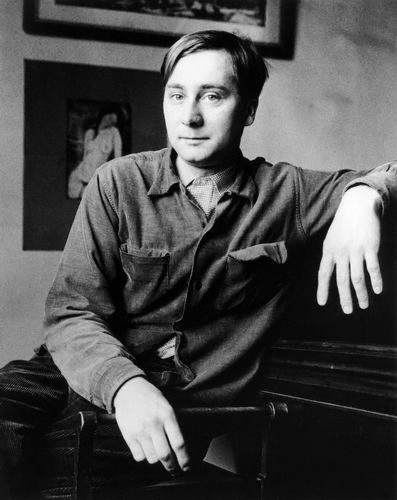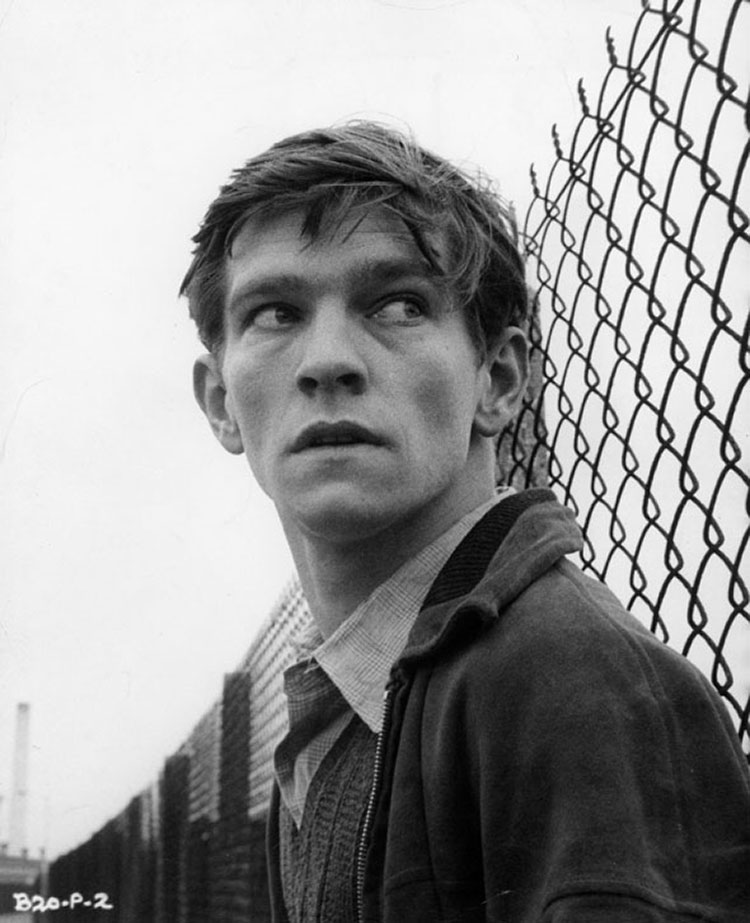This a collection of short stories that opens with the title story of Smith deliberately losing a race in order, as he sees it, to defy the authorities. Winning would have benefited him, but it would also have benefited the warden and jailers of the Borstal where he is held, and rather than do that he loses, and does so in a way that is obvious to viewers.

It told from his point of view and is hypnotic at points, especially during the fateful run. Once a reader starts, it draws one in.
Most of the stores have a common theme in loneliness. ‘Uncle Ernest’ is a touching story of a very lonely old man trying to befriend some innocent school girls, which is misunderstand by on-lookers. but who knows, maybe in time, Ernest might …. There is just enough ambiguity to make a reader wonder. No sledge hammer morals here.
‘Mr Raynor the School Teacher’ is another person trapped in his own, very small world, dealing with obstreperous boys, some of whom will find their way to the Borstal nearby. Meanwhile, he daydreams, but never dares speak his mind.
‘The Fishing Boat Picture’ is about love and sacrifice, but all clouded by the inability and unwillingness to communicate. Maybe the characters cannot say what they feel because they just do not know how to do so or they do not quite know what they do feel.
 Alan Sillitoe at the time the book was published.
Alan Sillitoe at the time the book was published.
There are four other stories, suffice it to say. I enjoyed reading each of them. Though the petulance does wear thin. Sillitoe was one of the ‘Angry Young Men’ of British letters who found the post-war Welfare State inadequate.
We forget just how long it took Britain to recover from World War II, for example, in meat rationing, petrol scarcity, in employment. It did not enjoy the years of growth and plenty that the United States had during the Eisenhower years. One of the reason the decade of the Swinging Sixties was so liberating was because finally it heralded the end of this wartime privations, that had long ended in other English-speaking countries.
The Wikipedia entry on the story is convoluted and one-eyed, as well as pompous. But it has probably benefited editing twice since I looked at it ten minutes ago.
 Tom Courteny in a still photograph from the 1962 film based closely on the titular story. I started to type that Courteny was born to play Smith, but then I thought the same about his performance as Ivan in ‘One Day in the Life of Ivan Denisovich (1970).’
Tom Courteny in a still photograph from the 1962 film based closely on the titular story. I started to type that Courteny was born to play Smith, but then I thought the same about his performance as Ivan in ‘One Day in the Life of Ivan Denisovich (1970).’
Another book that turned up during our move.
Skip to content
